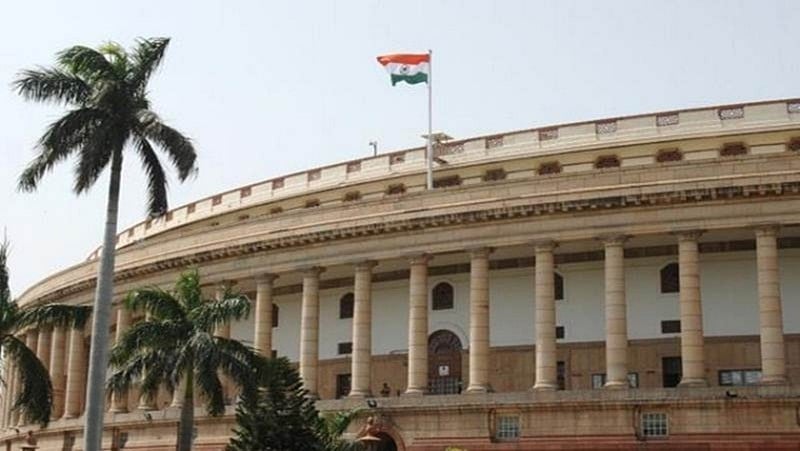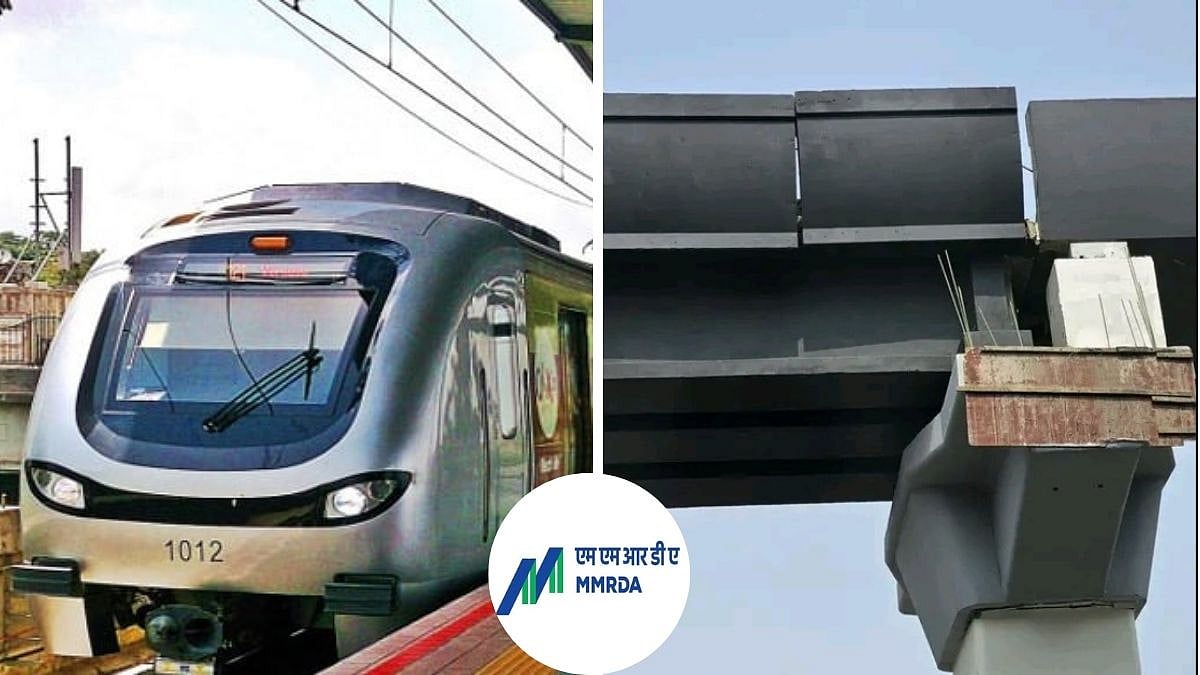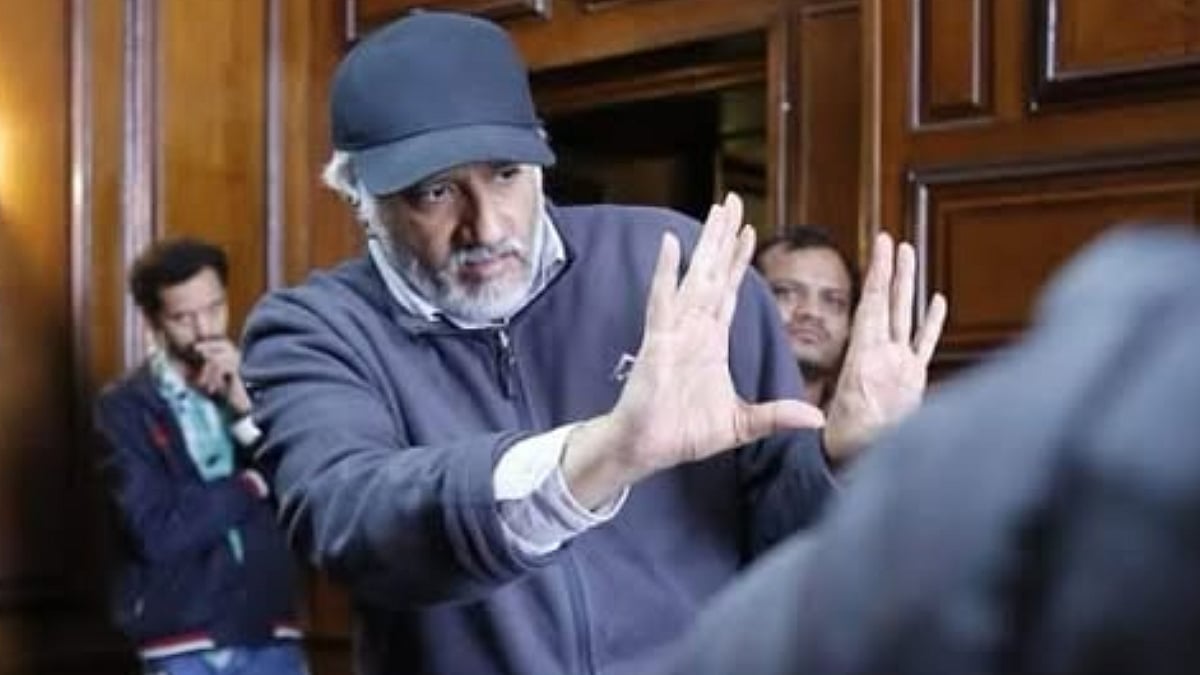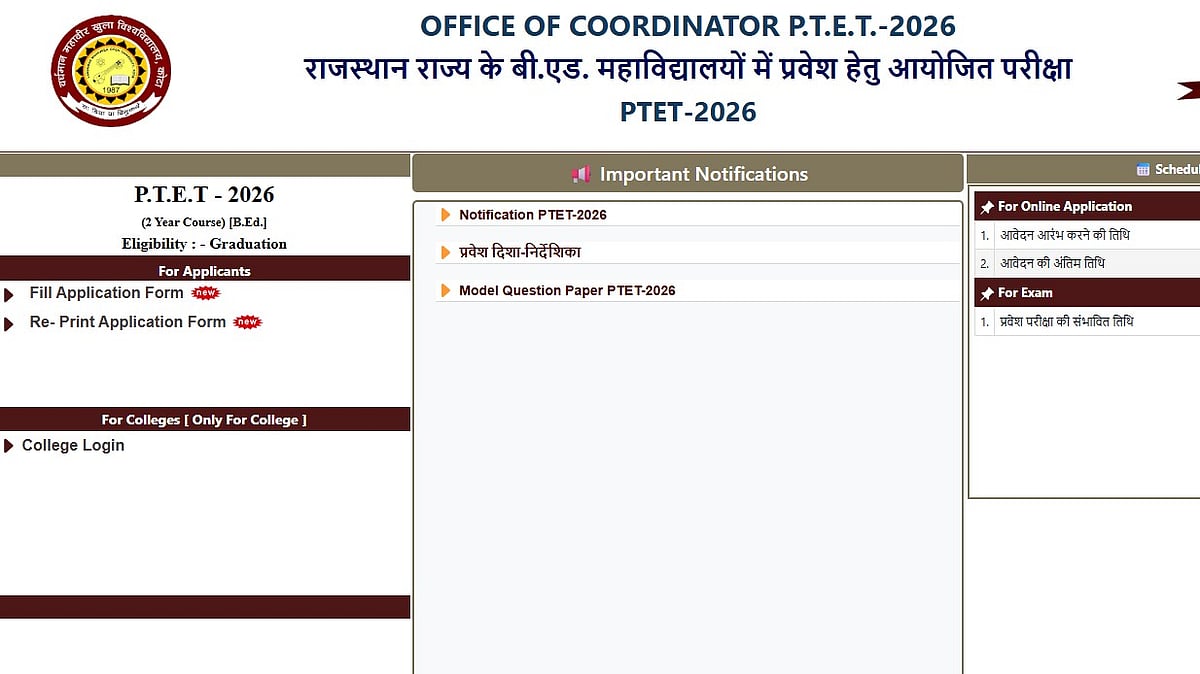Our unique basic structure of the Constitution which protects minorities against majoritarian law-making in Parliament has again come under attack — this time by Rajya Sabha MP Ranjan Gogoi, the controversial 47th Chief Justice of India, who rose to make his maiden speech in Parliament, 1235 days after he took oath. Four women MPs walked out on Tuesday when Gogoi rose to speak, in the backdrop of the alleged sexual harassment of a woman employee in the Supreme Court and TMC MP Mahua Moitra’s subsequent fiery speech about the episode in 2022.
Expectedly, Gogoi was supporting the opinion of Vice President and Rajya Sabha Chairman Jagdeep Dhankar, who on January 11 during the 83rd All India Presiding Officers’ Conference at Jaipur had declared the basic structure doctrine formulated in 1973 by the Supreme Court was a bad precedent as it curtailed Parliamentary sovereignty to amend the Constitution.
Ranjan Gogoi questions Constitution's basic structure
Ranjan Gogoi supported the passage of the Delhi Services Bill by saying the issues raised in a PIL in the Supreme Court were different from those raised in Parliament. He also said the basic structure doctrine formulated in 1973, which declared Parliament could not tamper with the basic features of the Constitution, was questionable.
He said he had read a book by the former solicitor general TR Andhyarujina and agreed with his views. In the Supreme Court, when senior advocate Kapil Sibal pointed out this statement of a “colleague” to a bench headed by the CJI Dhananjaya Chandrachud, the latter said a colleague meant only a “sitting judge” and views expressed by retired judges (including CJIs) were not binding on any institution because these were personal opinions.
Vice President Dhankar has opined several times that the 1973 basic structure doctrine in the Kesavananda Bharati case had set a bad precedent so that if any authority questions Parliament's power to amend the Constitution, it would be difficult to say “we are a democratic nation”.
This doctrine has been used to quash several Constitutional amendments such as the 99th amendment with its corresponding NJAC Act on the appointment of judges to the higher judiciary. Dhankar declared in January that Parliamentary sovereignty could not be compromised by the executive or the judiciary.
He had asked, "Can Parliament allow its verdicts to be subject to any (other) authority... The executive has to follow laws and the judiciary cannot intervene in law-making... If any institution on any basis strikes down the law passed by Parliament then it will not be good for democracy. It will be difficult to say we are a democratic nation," Vice President Dhankar had said.
SC formulated doctrine to protect against majoritarianism
But the Supreme Court formulated the basic structure doctrine of the Constitution in 1973 to protect the people against majoritarianism because the Constitution is silent on many basic freedoms like freedom of the press, appointment of judges, the right to information and the right to education and a clean environment which the judges extended to the relevant Articles of the Constitution. This is what we call “social engineering”.
With the greatest respect to Vice President Jagdeep Dhankar (who is a senior Supreme Court advocate) and Rajya Sabha MP Ranjan Gogoi, they seem to have got it wrong. This is because Parliament, the Executive and the Judiciary derive their sovereignty from the Constitution which is supreme and overrides the three organs of the state. The judiciary is charged with interpreting the Constitution, permitting it to strike down amendments or laws enacted by Parliament which violate the fundamental rights in Part III.
Hence, by saying that “Parliamentary sovereignty cannot be permitted to be diluted or compromised by the executive or the judiciary,” Vice President Dhankar ignores the fact that the judiciary owes its very existence to the Constitution and not the mandate of the people, unlike the MPs and MLAs who are ousted from power every five years.
Whether all the judges are true to their oath to uphold the Constitution, and not the mandate of the people, is debatable. The fact remains that every law which is enacted must be within the framework of the Constitution and not only cater to vote banks. A few laws which do not pass this tough test continue on the statute books because the judiciary has been browbeaten time and again not to overstep their boundary line.
Judges such as Ranjan Gogoi against whom allegations have been levelled themselves provide fodder for the government to control them. And sometimes, they may be rewarded by nominations to the Rajya Sabha — for selfless services rendered to the state.
The basic structure of the Constitution declares Parliament cannot amend certain pillars of the Constitution such as secularism, division of powers, independence of the judiciary, bicameralism, the right to approach the Supreme Court, apart from other rights. Strangely, independence of the judiciary and sovereignty of Parliament both override the freedom of speech of the people and their right to information if the allegation of switching off the microphones of opposition leaders like Mallikarjun Kharge and the government’s refusal to divulge data on how much Indian territory the Chinese have occupied are to be taken seriously.
Turning India into Theocracy
So the basic structure doctrine, which our respected Vice President Jagdeep Dhankar and the majority government see as an impediment to Parliamentary supremacy, is in fact a bulwark against majoritarian rule. The composition of Parliament changes every five years with the danger of religion-based laws turning India into a theocracy.
Minorities have been deprived of scholarships on the specious pretext they can compete in the general category and laws making inter-faith marriages a crime have already been passed. Regrettably, the Supreme Court has sometimes acted as a passive spectator to all this because of the pernicious doctrine that it should not hinder Parliament in its sovereign function of law-making — with disastrous results, as in Manipur and Nuh.
The doctrine that Parliament cannot tamper with the basic structure of the Constitution has prevented Indian democracy from turning into a theocracy.
Olav Albuquerque holds a Ph.D in media law and is a senior journalist-cum-advocate of the Bombay High Court






